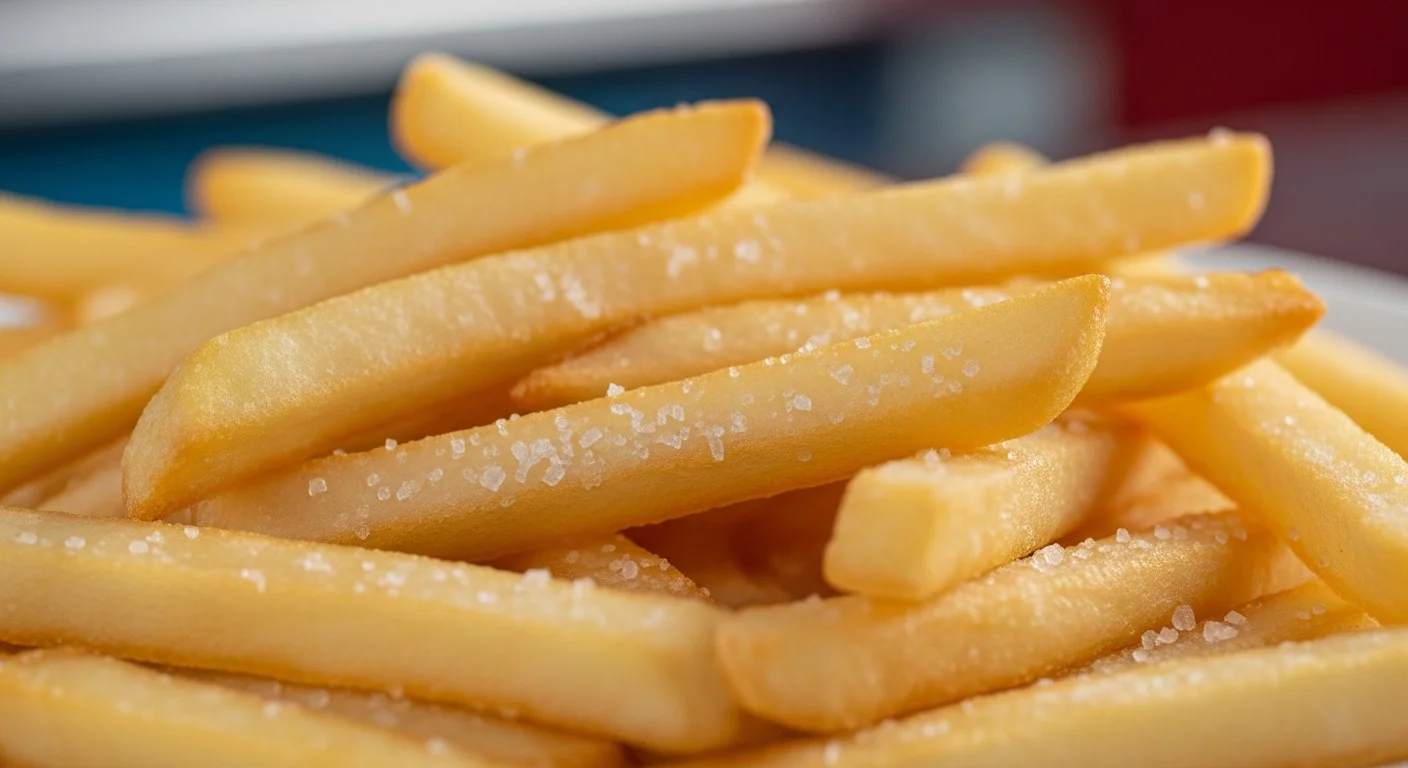High Cholesterol Surprises: The Hidden Danger in Your Diet
Many people associate high cholesterol with diets rich in fatty meats and greasy foods. So, it’s understandable to be surprised if you receive a high cholesterol diagnosis despite seemingly healthy eating habits, like a diet centered on rice and kimchi. How could this happen? Let’s examine some unexpected causes of high cholesterol and how to manage and prevent it.
Silent Threat: Why Testing Matters
High cholesterol, or hyperlipidemia, occurs when there’s an excess of triglycerides and LDL (bad) cholesterol in the blood. Often, this is accompanied by a decrease in HDL (good) cholesterol, a condition known as dyslipidemia. Dyslipidemia encompasses hyperlipidemia and is becoming increasingly prevalent. In recent years, the number of people seeking medical attention for this condition has risen significantly.
The concerning aspect of high cholesterol is that it’s often asymptomatic. You typically won’t experience noticeable symptoms until it contributes to more serious health problems. A blood test is the only way to detect it. Without awareness, the condition can silently worsen, leading to atherosclerosis (hardening of the arteries) and increasing the risk of heart disease.
The Carbohydrate Connection: More Than Just Fats
Dietary management is crucial for both preventing and treating high cholesterol (or dyslipidemia). While it’s important to avoid excessive calorie intake and limit saturated fats found in meat, it’s equally important to moderate your consumption of carbohydrates from sources like rice, noodles, and bread.
Excessive carbohydrate intake can elevate triglyceride levels in the blood. Studies have shown that a significant percentage of the population consumes an excessive amount of carbohydrates. The recommended intake of carbohydrates should be between 55% and 65% of your total daily calories.
Hidden Trans Fats: The Real Culprits
Consuming oily fish like mackerel, saury, and salmon, along with flaxseed oil, walnuts, and olive oil, can help suppress LDL cholesterol levels. These foods are rich in unsaturated fats, which are beneficial compared to the saturated fats found in fatty meats. However, even unsaturated fats should be consumed in moderation.
Be wary of processed foods like cakes, cookies, donuts, and popcorn, as they often contain trans fats. Trans fats are even more detrimental than saturated fats, as they significantly increase LDL cholesterol while decreasing HDL cholesterol, substantially elevating the risk of cardiovascular disease.
The Sugar Trap: Watch Out for Sweet Treats
High triglyceride levels can also be triggered by excessive consumption of sugars from sources like table sugar, candies, chocolate, sugary drinks, honey, fruit preserves, and syrups. Alcohol consumption should also be limited.
Conversely, dietary fiber found in vegetables, fruits, seaweed, whole grains, and legumes can help lower blood fat levels by reducing cholesterol absorption. Avoid adding extra carbohydrate-rich foods like potatoes, sweet potatoes, and bread as desserts.
To prevent high cholesterol, it’s not simply about limiting overall fat intake. It’s more important to avoid foods high in saturated fats (like bacon and sausages) and trans fats (like fried foods and many processed snacks) and replace them with moderate amounts of healthy unsaturated fats (found in fish and plant-based sources). Prioritizing a balanced diet with an emphasis on whole, unprocessed foods is key to maintaining healthy cholesterol levels.




